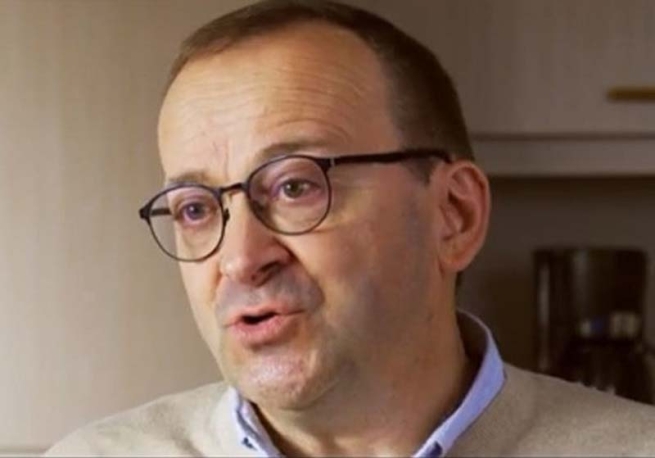At the end of your term as President of URCEC, can you explain what this organization is and what it represents in the French educational landscape?
The URCEC is a union that brings together the heads of networks of educational congregations, as well as some associations of the faithful (Foyers de Charité, Emmanuel) and canonical foundations that have responsibility for schools. It is an important network: the URCEC represents one third of the 2 million pupils in the ambit of French Catholic education.
What does the Don Bosco Network represent in the networks of French congregations?
The Don Bosco network is made up of schools run by Salesians and Daughters of Mary Help of Christians and has around 30,000 pupils in France (and another 5,000 in French-speaking Belgium). It is an adequately sized network: the smaller ones we see however are sometimes in difficulties.
Overall, networks vary in size and some have chosen to join forces with others, merge or 'devolve' the supervision of their institutions to another network or to dioceses. In other words, restructuring is underway, and has been for several years, to provide schools with sufficiently structured support.
What have you worked on at URCEC over the years?
First of all, we decided to set up a structured General Secretariat at the service of the networks, so that we could listen to their questions, offer them support if necessary, and speak on their behalf and give them a specific voice within Catholic education.
We also took the time to get to know the networks well, meet their leaders, take stock of their resources and listen to their plans. This allowed us to support the most vulnerable, and of course we continue to do so.
We have also set up a training department to prepare those involved with young people placed under foster care, and we support the Union of Congregational Training Organizations through UNIFOC.
In recent years we have heard much criticism of Catholic education, accused of not doing its part for social diversity, even though most religious congregations originally set up schools for the disadvantaged. Is this a topic of discussion at URCEC?
Obviously, this is an important issue. By contract with the state, the Catholic school is a school for all. That said, as we all know, the state only partly subsidizes our schools and we have to resort to other sources of funding, in particular families. This state of affairs can discriminate against access to our schools. We must therefore find other support measures: solidarity systems, family contributions that vary according to income, etc. That said, the co-education protocol signed with the Ministry commits us and we must work to improve our reception conditions to make them more accessible. In November, URCEC organized a thematic day on this topic and discussions are continuing.
From your privileged position, what is your vision of the school in France?
The risk is always to fall into lethargy and reproduce systems that we think work for all pupils. Some progress has been made, with better provisioning for pupils with special needs and more participative and personalized teaching methods. But there is obviously room for improvement.
Congregational schools, for their part, are not perfect. But they are all part of the tradition of a founder or foundress who, more often than not, had to invent a model and thus innovate, at a time when supply was scarce, especially for children who did not come from privileged backgrounds. It is this tradition that must inspire us today: not to reproduce what is already being done, but to constantly seek learning methods and school contexts in which every child and young person can flourish, develop and plan out their project of life.
Schools cannot just work on programmes and aim for results. They must strive to offer a stimulating environment and a fulfilling educational relationship. And here, I think the reference to Don Bosco’s style of education offers many insights.


